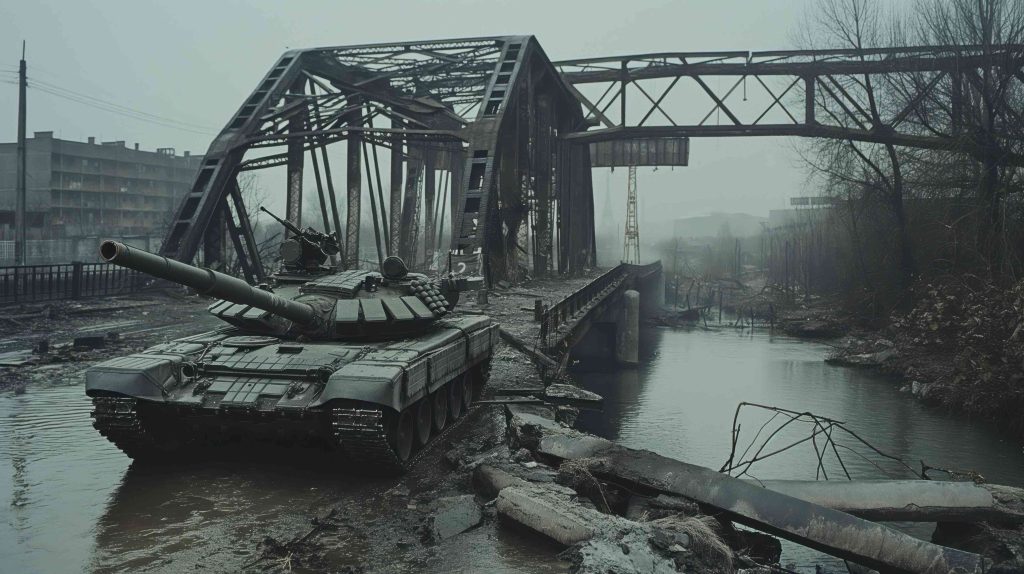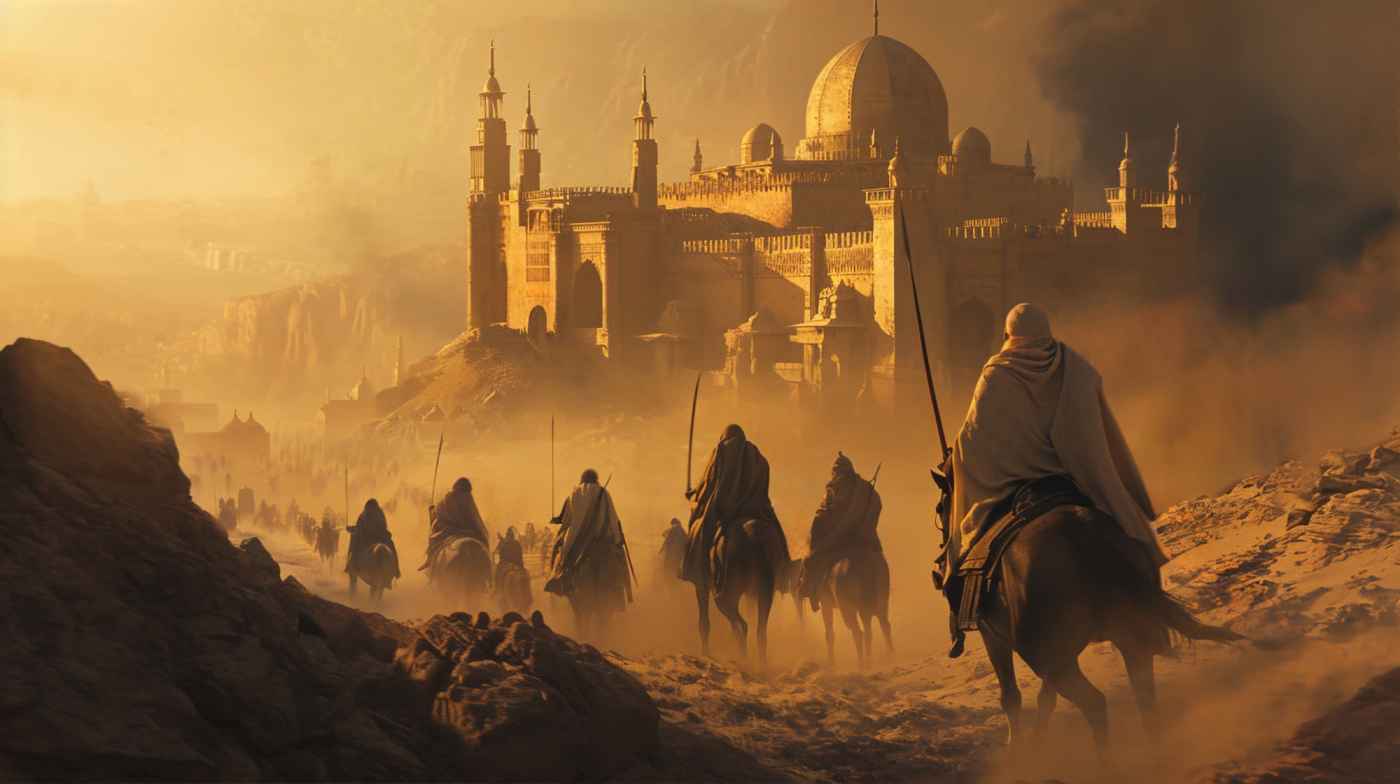The Cold War describes a significant period of geopolitical tension between the Soviet Union and the United States, which truly extends way beyond military confrontations. This multifaceted conflict extended from the end of World War II in 1945 to the fall of the Soviet Union in 1991 and, at heart, was a contest between ideologies. The two opposing ideologies were communism under the Soviet Union and capitalism under the United States.
As the name implies, at the beginning of the Cold War, there were two distinct paths emerging out of the war between the Western powers and the Eastern bloc. Toward the end of World War II, the Allied nations were somewhat united by virtue of their common fight against Nazi Germany. Each perceived the other as extremely anti-democratic and anti-capitalistic. The U.S. appeared as a defender of liberal democracy and free-market capitalism advocating for individual freedoms, open markets, and democratic governance. The Soviet Union had the world’s first dictator under Joseph Stalin, who applied a very brutal form of totalitarianism in a country that controlled all sectors of economy and society, claiming to advocate for a communist state designed to do away with class distinctions.
The two superpowers were trading punches, even as tensions lifted with mutual opposition toward the proliferation of power. Containment was adopted as a U.S. policy. It introduced doctrines like the Truman Doctrine and the Marshall Plan, which gave military and economic assistance to those countries that were resisting the establishment of communist control. On the other hand, the Soviet Union established communist regimes in Eastern Europe and bolstered revolutionary struggles throughout the world to win allegiance.
At first, the confrontation took on many forms: proxy wars, espionionage, and ideological larceny. Among the outstanding examples were the Korean War (1950-1953), where each superpower was willing to endorse both sides and, in effect, have armed conflict by proxy, and the Vietnam War (1955-1975). These were wars that created more tensions in the world atmosphere and gave a lot of pain to the countries involved; a lot of people died, and society split in two.
The other side of the battle for ideological supremacy is in culture-hence the efforts by the two to project their values across the globe. On such settings, propaganda becomes the weapon in such worlds, where both declare that their way of living is higher and better. Indeed, this kind of competition was involved in literature, cinema, and sports, leading to acts that served as the sinews of the ideological clash, such as the Space Race. The launch of Sputnik by the Soviets turned out to be an important watershed in 1957 since it served as a wake-up call for the Americans to urgently undertake their own space programs-to showcase who would make it first.
With the passage of time through the Cold War, a series of crises shook the endurance of this ideological divide. The existence of nuclear war during the Cuban missile crisis posed starkly an existential threat to the Cold War. The ensuing détente would momentarily thaw out tensions in the 1970s, but the ideological battle has never truly been relaxed anywhere close to the same status ever since.
Mikhail Gorbachev’s rise to power in the 1980s introduced a new variance applied to reforming the Soviet system through glasnost (openness) and perestroika (restructuring) policies. Meanwhile, Eastern European nations began contesting communist rule, shifting this tenuous balance of power. The November 1989 fall of the Berlin Wall was thus said to symbolize the demise of Soviet influence in Eastern Europe and the victory of liberal democracy over communism, marking the official end of the Cold War.
In a sense, the Cold War has stood as one vivid reminder of how much ideology can impact world events. It redefined international relations; it influenced national policies in many countries, leaving a still-lingered legacy. The conflict illustrated the ceaseless tussle between warring ideologies and their interplay with power, security, and freedom.







